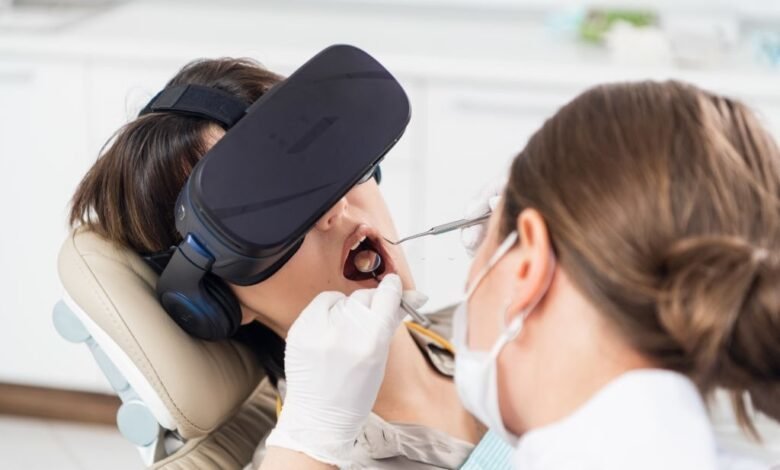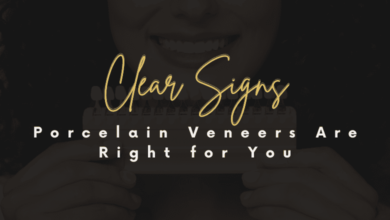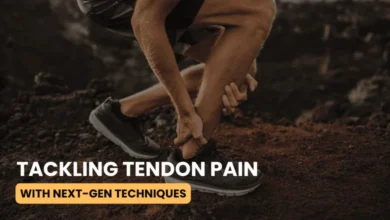How is VR Impacting the Dental Industry?

In recent years, VR, or virtual reality, has impacted a number of global industries and sectors and dentistry has been no exception. It is the latest to benefit from a wide range of technological advancements and has undergone a number of dramatic changes as a result. If you are interested in finding out how VR has impacted the dental industry, continue reading.
It can improve patient comfort
If you value patient comfort in your dental practice, it may surprise you to find out how VR can make a huge difference. It is no secret that visiting the dentist can be a terrifying experience for both adults and children alike regardless of whether their appointment requires an invasive treatment or a simple check-up. In the past, this was resolved with the administration of local anaesthesia or nitrous oxide but by slipping on a VR headset, patients can block out the reality of where they are as they enjoy the sights and sounds of their choice.
It can promote surgical simulation
It may not be a relatively modern concept but VR has made it easier than ever before to promote surgical simulation. This provides dentists with the ability to sharpen their surgical skills safely and risk-free and can have wide-reaching benefits for both patients and dentists alike. It can also be a great way to provide additional training for dentists that have only just embarked on their careers or are looking to expand their existing skill set. According to a blog entry on a Port Credit dentist website, the latest dental technology is key to receiving first-class service. If you are on the hunt for a dentist that is committed to making the most of available technology in their field, it may benefit you to do your research and find a dentist that suits your individual needs and wants as a patient.
It can educate patients
If you are a dentist, you will be aware of how important it is to ensure patients are aware of what is happening inside their mouths at every step of the way. This includes before, during, and after an invasive procedure. If a patient is unaware of why a procedure is being carried out, what it costs, and why it is needed, they are unlikely to be too thrilled at the idea. If they are educated throughout the entire process, on the other hand, you can be reassured you are doing everything you can to improve their oral health and they can feel as if they are in safe hands from the second they set foot into your practice until the second they leave.
If you are familiar with dentistry but unfamiliar with VR, it may surprise you to know that both industries have merged in recent years. It can, for example, improve patient comfort, promote surgical simulation, and educate patients. By finding out everything you need to know ahead of time, you can weigh up the various pros and cons of introducing VR and make a final decision that will benefit you, your practice, and your patients going forward.






